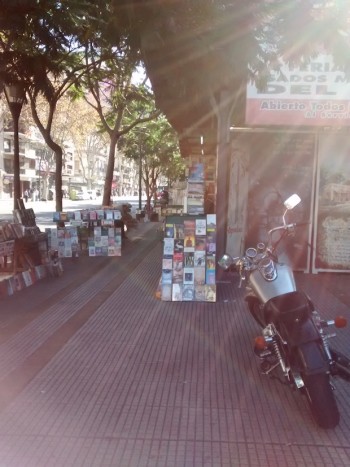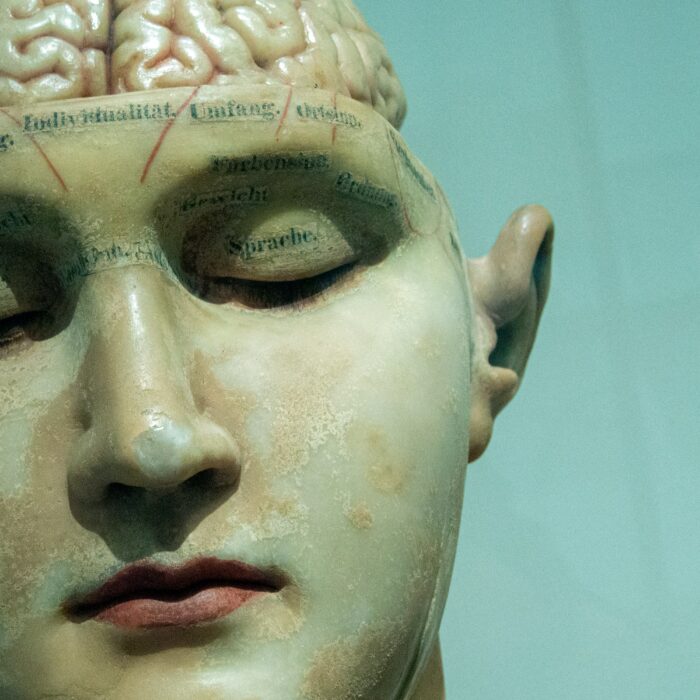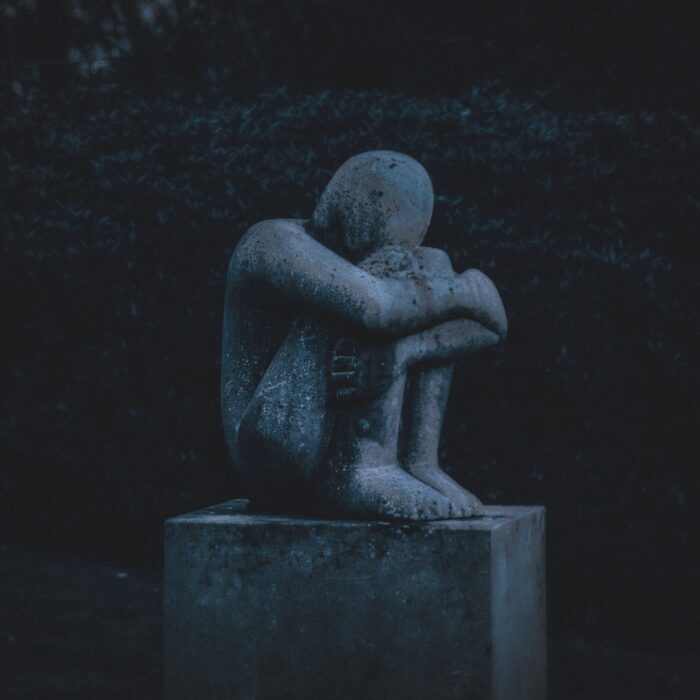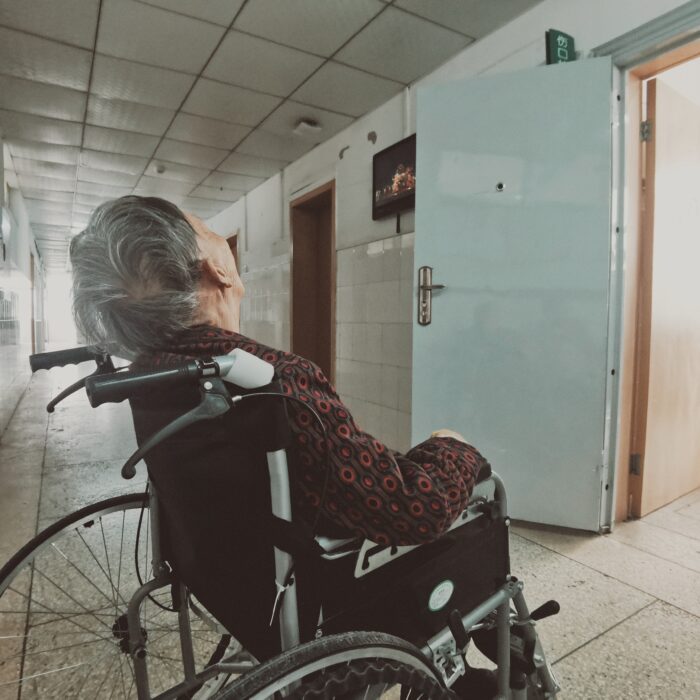You have no items in your cart. Want to get some nice things?
Go shopping
Give love softly.
To Gabriel she felt as strong as a storm that arrives with a name, as musical as lapping waves against a pier, loyal like a Latin mother to a Latin son. She moved him with thought and presence and good sense; the way others are moved by tragedy or defining moments in an otherwise ordinary life: a marriage, a birth, your football team finally winning what they were unable to win before. Each time she acted he felt her energy. Wherever Lucia was water flowed. And Gabriel followed her current like a blindfolded lover, let go of a stable life that felt unstable, flew over oceans, ignored emotional discrepancies, familial advice, just to hold her in his arms once more.
He was guided to Buenos Aires by vocal sounds that showcased her love for people unable to function as was more common to others, but melancholy blues did not cloud the work she did. Troubled souls had always turned Lucia on. She coveted the vulnerable, felt what they felt, moved with them unconditionally: a tango dance, a boxing match, it didn’t matter. When with patients life made more sense to her than when under constructs of social order. She belonged in their space, went to her clinic each day with the commitment of one who refuses not to see colour when surrounded by shade.
In Gabriel, Lucia as psychologist, trained and instinctual, unearthed in him a belief in humanity that had been stricken from his mind. For years childhood trappings repressed a desire to be with another. Emotional over logical, guardian actions had shown him sharper edges of love.
***
They met by chance at an all night jazz bar in Western Europe: horns from New Orleans, shots of tequila, limited space that brought them near. A suspicious brother had made introductions, distracted a temporary boyfriend so they could talk before hurried goodbyes. An email exchange, flushed cheeks, embarrassed smiles. It began before they realized.
Gabriel was a child to love, she wasn’t. Over time cyber exchanges between the two, a distance they valued for the understanding it offered, allowed him to be true to how he felt. They spoke for hours, often until unconscious.
Weekly conversation became daily conversation. Routines they had known previously were shared and adapted for each other. She liked to play football and dance to Bossa Nova, visit friends and on weekend’s her childhood home. He liked to write and read and take long walks through empty fields, spend time with people who asked few questions. The bad habits: drinking, chain smoking, self alienation, drugs, stopped when he met her. Gabriel joined a gym, ate and slept well, smiled at passing strangers. Lucia returned home from Europe and continued to live as she had before: fully, considerate to need, approachable without caution.
And Skype was a friend to them. Time zones no longer existed between them. They spoke a language only they knew, shared the way young lovers do when exploring each other’s thoughts: softly. When with energy before sun high Gabriel enjoyed watching Lucia water flowers on a balcony; brew coffee; spring from sofa to kitchen, up a wooden staircase so to dress if late for work. How she expressed with hands and face in tandem whilst sharing random thought, humoured him. When patients called with a latest crisis he rolled and lit a cigarette, attempted to interpret her Spanish through tone. Lucia controlled patient episodes with an understanding he admired for the patience it required. Like a jazz drummer her rhythms were measured and spontaneous. She guided troubled souls as they journeyed towards calm; a beacon to lost boats.
He panicked, told her he couldn’t come to Buenos Aires. Fear of love. She understood then didn’t understand; began dating a guitarist who covered pop songs, kept in touch from a distance. Weeks passed, distance grew, but neither could surrender.
***
Late one night a European sky cracked and opened. On his back Gabriel lay awake trapped by anxiety. He sat upright, pressed spine against cold metal, wiped sweat from his chest with a crumpled vest that said eternal. Lit a smoke; blew smoke rings into darkness. Outside the sky rapped lightning turned crimson. The sound of rain pelting glass felt like invasion. The realisation that his life would never be full without experiencing hers extracted screams that cramped his stomach. ‘Just go there.’
Sleep did not come that night. He thought about potential problems: her condition could become his condition, cultural differences and monetary restrictions. In the morning he booked a ticket to Argentina anyway. When informed he was leaving Europe his brother drove over to his flat. ‘You can’t do this.’
‘I want you to be happy for me,’ Gabriel said.
‘It won’t work.’
‘Thank you Sean.’
‘I’m afraid you won’t come back.’
Dressed in a vest and denim jeans, Gabriel held a sobbing brother in his arms, inhaled his skin. ‘I’m not,’ he whispered.
Sean tried to free himself, Gabriel gripped tighter. ‘You’re my fucking brother okay, I don’t want anything to happen to you.’
‘Nothing’s going to happen to me.’
‘Please, don’t do this.’
Gabriel rubbed his back, encased struggle. ‘It’s okay.’
They didn’t exchange eye contact, would never be the same again.
Once gone Gabriel wept silent tears he hadn’t shown, rubbed cheeks to stir colour from his drained complexion, smoked a smoke, Skype called Lucia to inform her that soon he would be there. ‘You’re coming?’ she said.
He nodded.
‘And you are sure?’
‘I have to see you again,’ he paused, inhaled her exaltation. ‘Sos linda.’
She blew a kiss through the computer screen. ‘This is insane.’
He laughed she laughed; together they planned a future. ‘There are opportunities here,’ she said, ‘you will do amazing things.’
They lay in separate beds post midnight: mascara eyes, high cheekbones, long, oil black hair. ‘You think so?’
Lips, a smile that broke like daybreak. ‘I do.’
‘I’m going to be with you soon,’ he said.
‘Te soñé anoche.’
‘I want to hold you.’
‘Siempre vas a tener un hogar conmigo.’
***
Since childhood Gabriel had spent time alone, parent’s who were unkind to one another: broken glass, screaming matches, common in his small community. His mother suffered natural anxiety and took it out on herself with chain smoking and migraines, spent hours of her day lying dead still in bed all daylight. Gabriel’s father, tough and lean, wild eyed afraid of nada, provided for a family he couldn’t give himself to for more than a couple of days. They were young. Mistakes were often played out as if for entertainment.
Gabriel’s sisters were unlike one another and this divided loyalties, encouraged name calling and slammed doors: daddy’s girls, mummy’s boys. Louise liked R & B and folk music, dressing up in slim fitting dresses, gymnastics on the weekends and time with literature. Monica listened to Nick Cave and Tracy Chapman on repeat, dated an older man who drank too much ale, achieved academically. Gabriel took to drugs in teenage years, read obsessively, learned to repress. His brother tried to be everyone’s friend: a clown among clowns.
Boarding a flight to Buenos Aires Gabriel remembered these things with clenched fists and felt strong. In the days that led to up to his departure he had dreamt Lucia nightly. Imagined how she breathed when asleep, the smell of her waking skin: rising banana bread, wet Mendoza grapes. Visions of tan naked flesh wrapped around his like cling-film made him erect. Her warm touch and present breath he wanted to experience. There it would be summer for them.
***
Clash of all loves.
Slender frames, paled skin. They stood on a street where fat rain fell straight like bullets, romance worn like a pesos note, stained like a Buenos Aires building. ‘Fuiste tan bueno estas últimas semanas,’ she said.
‘You too.’
Beneath the eaves of a coffee shop on Avenue Raul Scalabrini Ortiz, a wide busy main road where portenos crowded sidewalks and motorbikes zipped noisily round potholes, cracks widened. It had been a year; they sipped coffee from paper cups.
‘Before it happened to you, did your heart get taken easily?’
‘No, not really,’ she said. He lit two cigarettes, held one to her pursed lips; a reluctant acceptance, sharp exaltations. ‘Why do you ask me that?’
Gabriel shrugged, looked to the sidewalk where dogs were dragged along by tired owners. ‘How many end up on the street.’
About David Moran
David Moran' Previous fiction, travel lit and poetry has appeared in: The View From Here, The Argentina Independent, The Dundee Anthology, Curbside Splendor, and Tefl. Currently David is editing a novel for submission. Previously he has lived and worked in Buenos Aires, Paris, Toronto, London, Seoul, Budapest, Prague, and a few other spaces in between.




